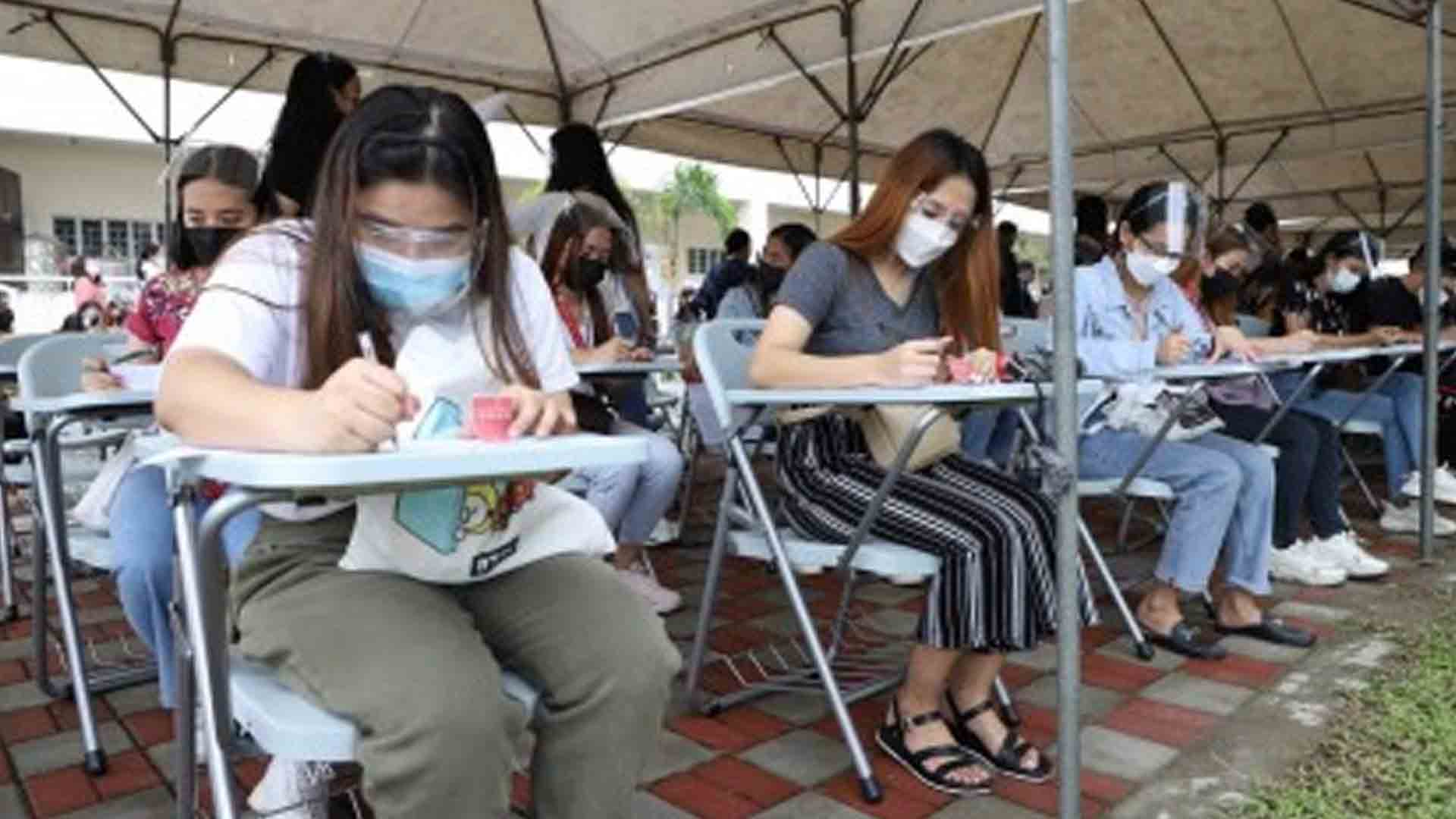The age group to which higher education students belong is not classified as high risk or vulnerable to Covid-19, an infectious disease expert said Tuesday.
In a televised public briefing, Dr. Rontgene Solante explained the Department of Health’s support to the policy of the Higher Education (CHED) allowing unvaccinated students to join face-to-face classes in higher education institutions (HEIs).
“Kung magka-Covid man ibig sabihin mababa ang kaso sa ganitong age classification at ‘yung risk ng severity nila ay hindi ganun kataas kumpara doon sa high risk population na (Covid cases are low for this age classification and the risk of severity is not that high compared to the high-risk population that is) 60 years old and above,” Solante said.
Solante was among the health experts whom the CHED and the DOH consulted on this matter.
CHED chair Prospero de Vera earlier presented data citing high vaccination rates among HEI students (77 percent) and HEI personnel (90 percent) for the primary series.
“Mababa na ang classification natin sa mga (Our classification is low in the) regions in terms of number of cases of Covid so more regions now are in low-risk classification,” Solante said.
Earlier, the DOH said it affirmed the benefits of face-to-face classes in the learning process of HEI students.
It also said it follows international benchmarks which showed countries opening in-person classes to both vaccinated and unvaccinated HEI students.
“Ganun pa man, tuloy pa rin ang mga strategy sa mga paaralan (Nonetheless, our strategy continues in schools),” he said, adding that these include the standard health protocols and intensifying information campaign on the importance of vaccination. (PNA)









